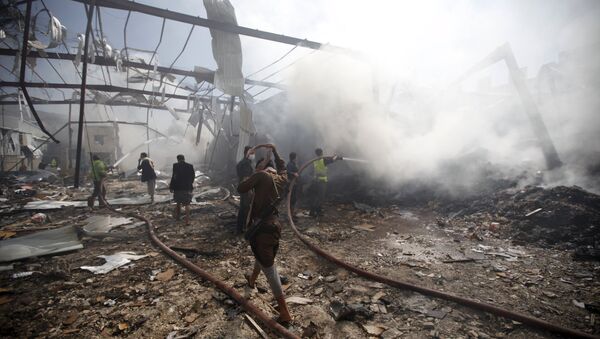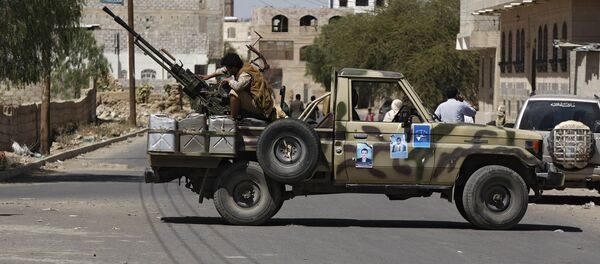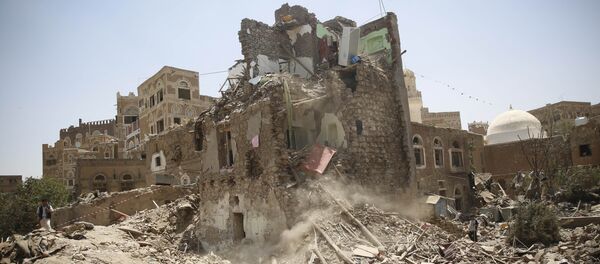On Tuesday, MSF stated that the situation in Taiz, where the half of the population is displaced, is deteriorating, as foundation activists were unable to supply hospitals in the city’s most dangerous areas with medication and equipment.
"The situation in Taiz is dramatic and will only get worse in the coming weeks if no efforts are made to spare civilians from the violence and allow them to access basic services, including health facilities," Karline Kleijer, MSF's emergency manager for Yemen, said.
Saudi officials refrained from commenting on the Taiz shelling, and claimed they were unaware that the earlier attack in Haydan had targeted a clinic.
"This is an alarming sign for the Yemeni people and for those trying to assist them,” Laurent Sury, head of MSF emergency operations, said. “How are we to draw lessons from what happened when all we face are denials? How can we continue to work without any form of commitment that civilian structures will be spared?"
But the blame doesn’t fall solely on Riyadh, according to aid workers. Amnesty International pointed out that while the jets taking part in airstrikes against hospitals were Saudi, the bombs dropped onto targets were in fact American.
"The US and other states exporting weapons to any of the parties to the Yemen conflict have a responsibility to ensure that the arms transfers they authorize are not facilitating serious violations of international humanitarian law," Donatella Rovera, Amnesty's senior crisis response adviser, claimed.
So far, over a hundred hospitals across Yemen have been shelled by Saudi-led forces since the beginning of the international military campaign in March, according to official data.
Meanwhile, the ICRC has strongly condemned the recent attacks, calling on all those taking part in the fighting to stop all attacks on health care facilities.
"The neutrality of health care facilities and staff is not being respected. Health facilities are deliberately attacked and surgical and medical supplies are also being blocked from reaching hospitals in areas under siege," Kedir Awol Omar, the deputy head of the ICRC delegation in Yemen said.





